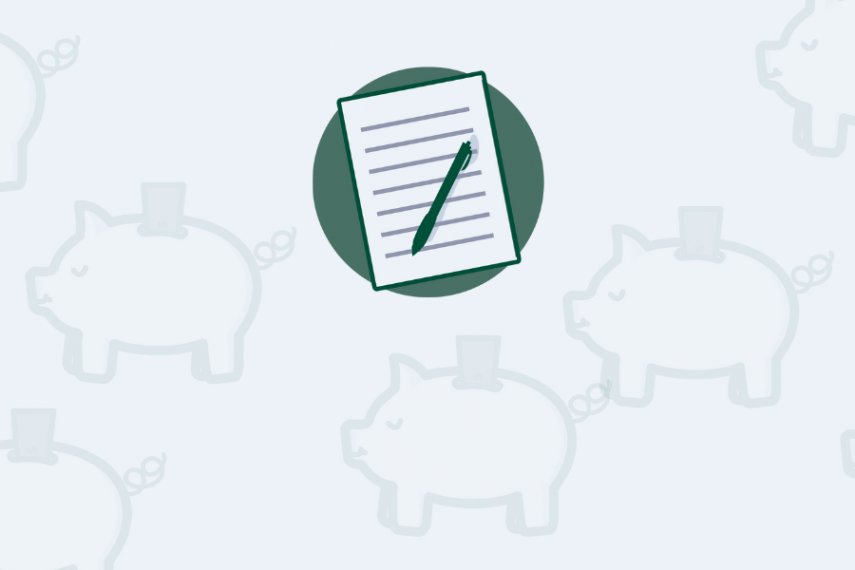Tips on how to build a stronger, more resilient budget during tumultuous times
Budgeting is an essential component to our finances, and while it's pretty basic from a distance, there's truly a lot of planning and details that go into creating a good one. Life throws a lot of
surprises at us, and because everything costs money, our budget must absorb most of that. (Like, for example, inflation! #amirite?! See our
tips to fight inflation.)
Realistically, it's best to
plan for the unexpected and have
enough cash to help you get by. Life will inevitably put our
budget and budgeting ability to the test. In order to craft a budget that's sustainable, it must also be resilient.
Why Leave Room in Your Budget for "Extras"
The first goal of budgeting is to be able to account for all of your income and expenses and knowing exactly
where that next dollar goes. This is the first and most important step to establishing and
following a budget, but there's another one that will help make your budget more resilient, too.
If you've maxed out your budget, there's not much room for
unexpected expenses,
savings,
investing, new goals, or even discretionary spending. So, once you create a solid budget that fits all your expenses, your second goal is to create space.
Creating a buffer within your budget can be difficult when things are tight, but it almost always comes down to two things: spending less and making more. Easier said than done, of course, but achievable with enough commitment. (Remember, we gotchu!)
Once you find that extra space--or,
surplus -- we recommend you make sure you have an
emergency cash reserve in place, you've paid off
high interest debt, and you're maxing out your
retirement savings before you consider
investing that cash further.
Nest tip: Roll up your sleeves and dig into your expenses and itemize. Find things you can remove or reduce--there's almost always something, and this is something you should
check up on routinely. As for income, side hustles and online jobs can be great sources of secondary income that don't add too much time or stress to your current schedule. Searching consistently for something that meets your needs will almost always yield results--hopefully positive ones!
Save A Little More
Your budget is just one piece of your overall financial picture, and there are a lot of secondary aspects that can heavily influence it daily. One of the most prominent examples of this is
savings -- something that weighs heavily on your ability to
absorb sudden expenses and pay for
big-ticket items, and not to mention, gulps up your cash.
Nest tips: Ultimately,
saving is a habit and one that can really add up over time. The best way to attack this goal is to build saving into your monthly budget, and even throw in some extra, unbudgeted deposits if you're able along the way.
We recommend you save at least 3 months of expenses to cover any
emergencies, plus max out your
retirement savings. Once that's established, and you've paid off
high interest debt, look into a high-yield savings account (from a reputable source!) to stash it all and get to stacking.
Paying Down Debt
Debt can easily destroy any budget if not managed properly, especially when it piles up. Beyond the dent in your monthly spending, their urgency and interest fees can drive you bananas!
That's why it's critical to create a
debt elimination plan to settle your debts as soon as possible. By eliminating your debts, you'll free up some room in your budget (maybe even a lot of room), which will automatically make it more resilient. If you were maxed out and operating at 100% capacity before, a budget without debt will make it feel like a breeze.
Nest tips: Organize and prioritize your debt in a way that makes sense for your style and situation. For example, paying off your
student loans first might not make sense if you're still in school, but paying down
credit card debt does.
Plan out your payments and plot out a timeline, a set plan will give you a sense of security throughout the process. Elsewhere, consider
refinancing or consolidating if it makes sense for you, it might actually save you money.
Psst, have student loans? Log into Pocketnest, and we'll help show if you're eligible for a student loan refi or restructure AND we'll help you knock that out. Right in the app!
Download Now





